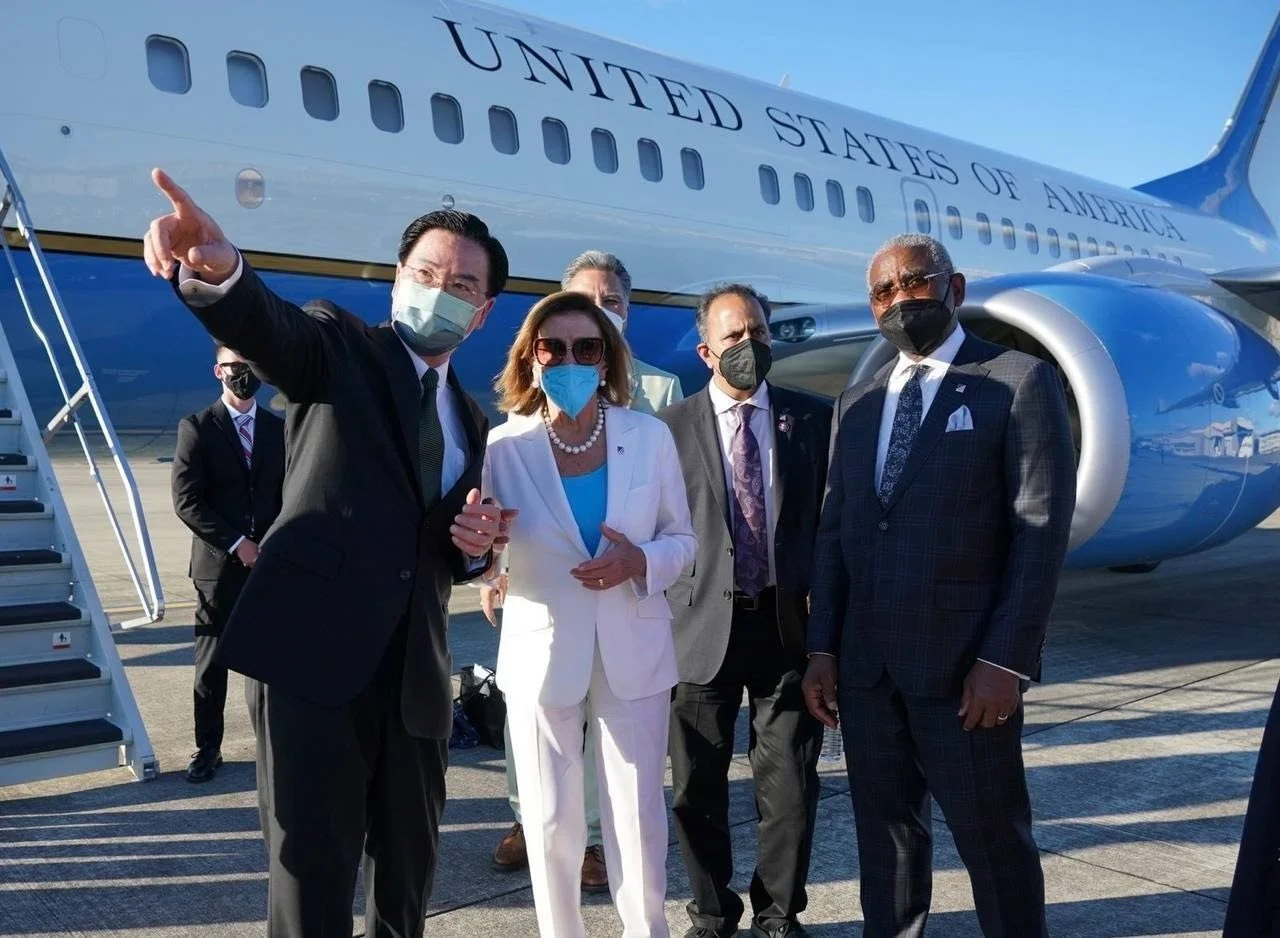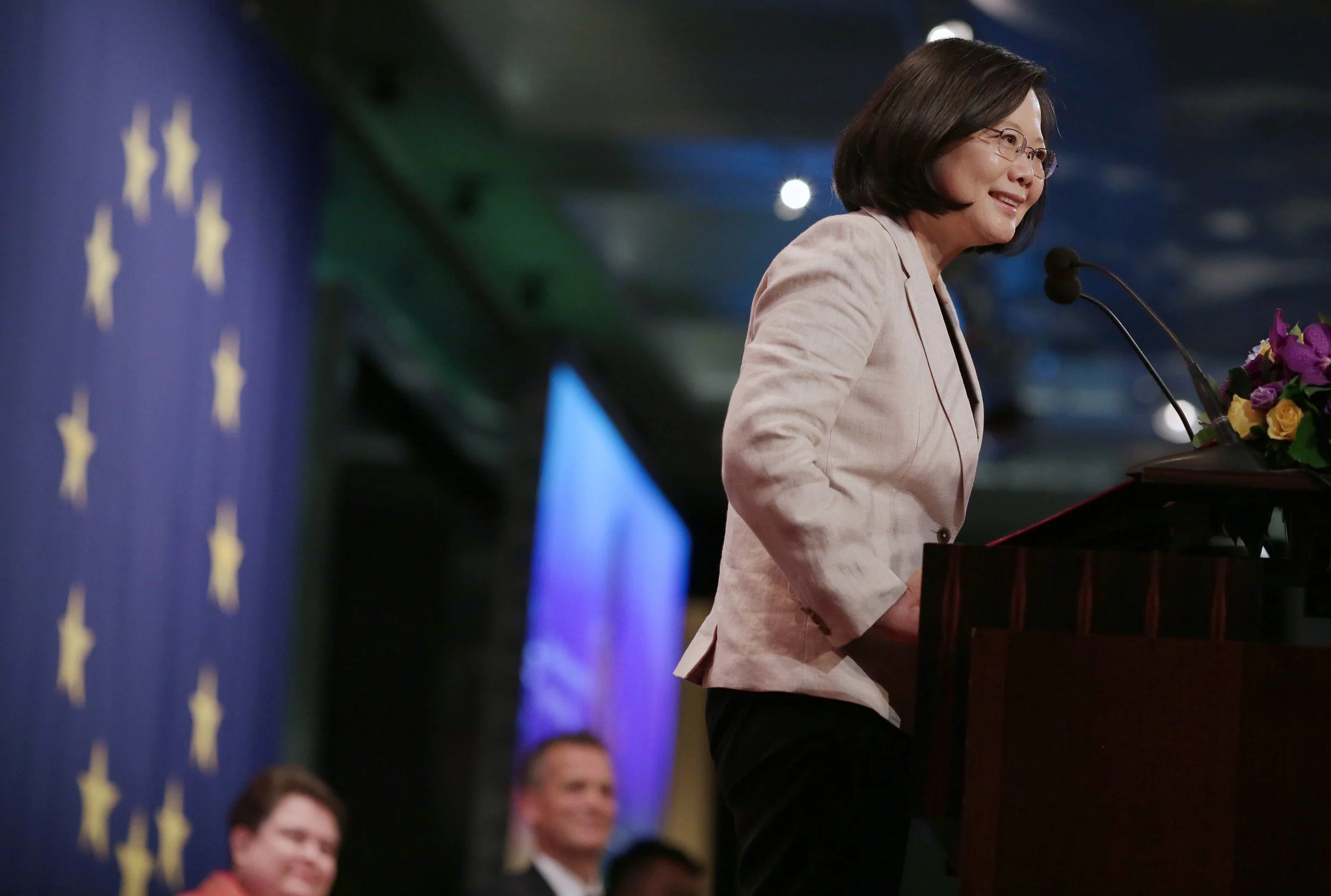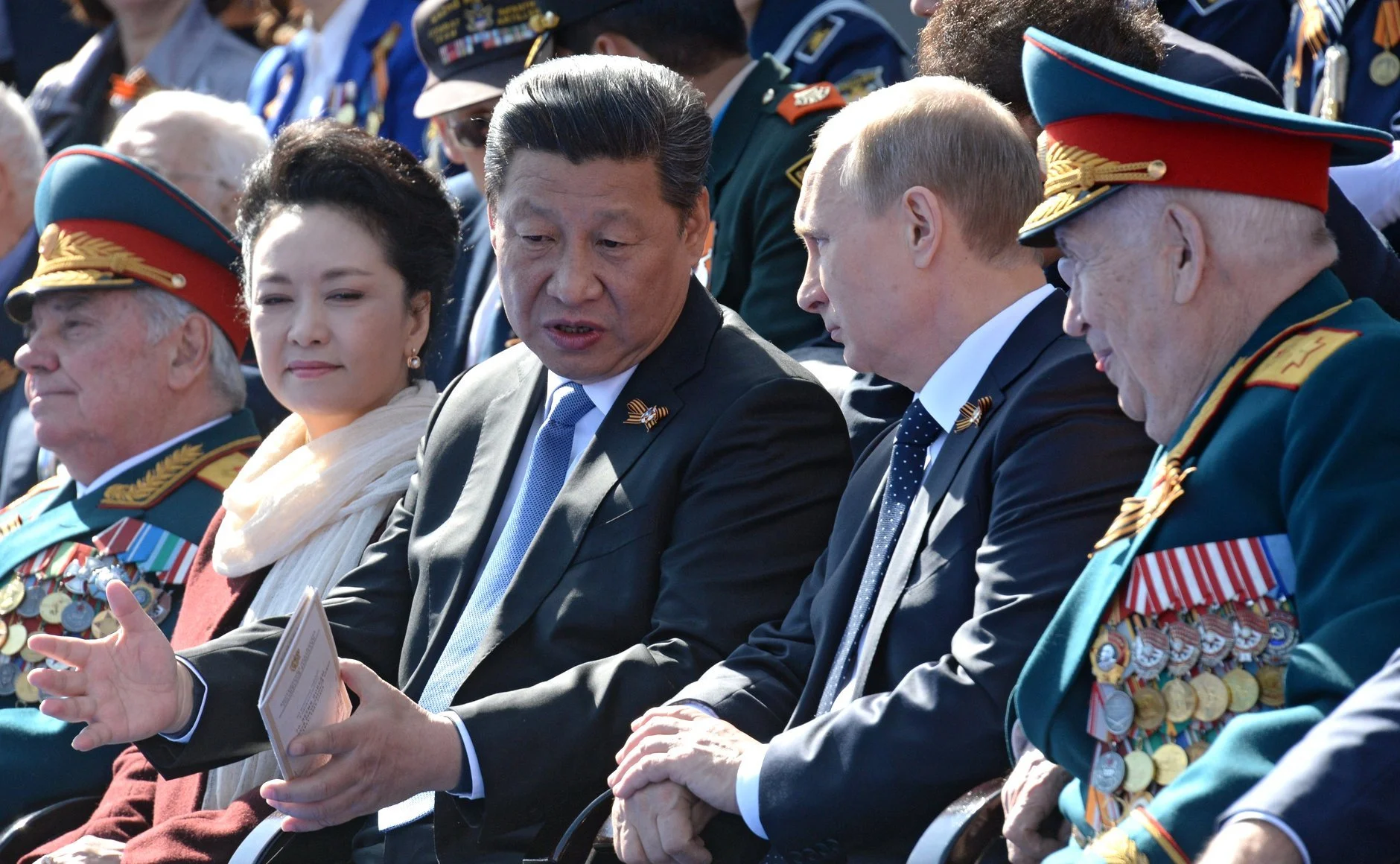Written by Sam Bresnick
If Beijing succeeds in impelling Global Security Initiative partners to revise existing security norms and arrangements (certainly a big ‘if’), the United States and its allies could find themselves increasingly constrained.
Read More















